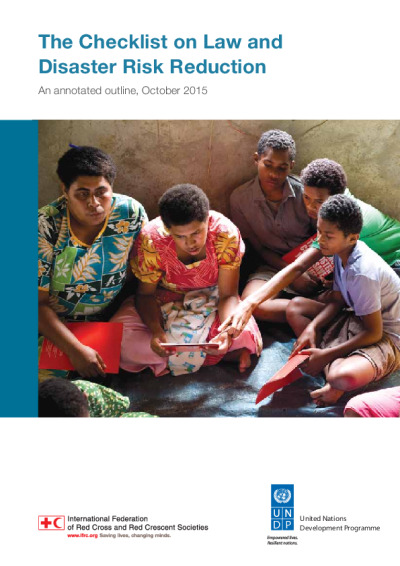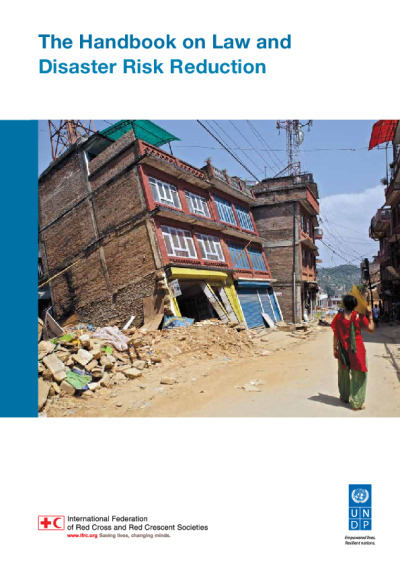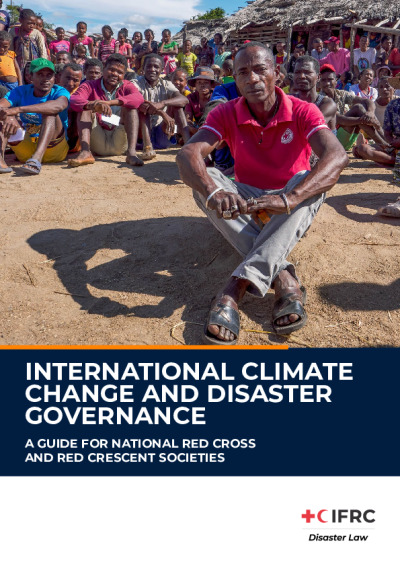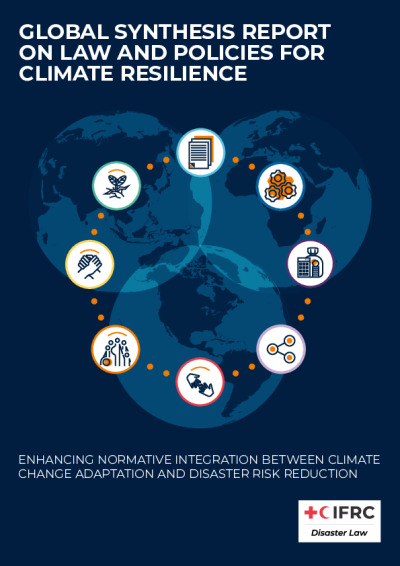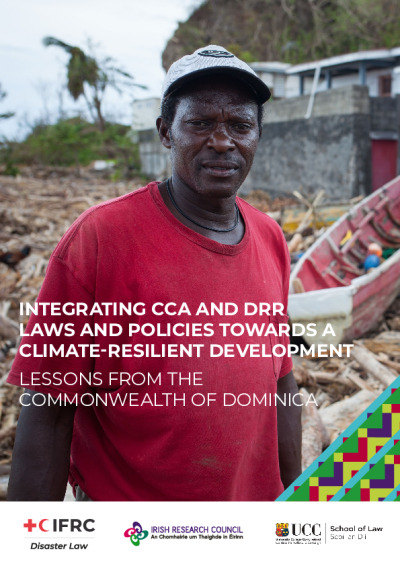Laws and regulations are essential to reducing existing risks posed by natural hazards and preventing new risks from arising.
Building and construction laws, for example, may contain minimum standards designed to make buildings more resilient, while land use and planning laws may restrict new development in high-risk areas. In 2015, IFRC Disaster Law and the United Nations Development Programme launched The Checklist on Law and Disaster Risk Reduction (DRR Checklist) and its accompanying guide, The Handbook on Law and Disaster Risk Reduction (DRR Handbook), to provide practical guidance on this area of law.
The Checklist provides a prioritised list of ten key questions that lawmakers, implementing officials and those supporting them need to consider to ensure that their laws provide the best support for disaster prevention and mitigation. It is designed to serve as an assessment tool to guide a review of national and local level laws and regulations. The Handbook supports the Checklist, by providing further guidance on how to answer the Checklist questions including issues to consider, a list of laws to review and examples of good practice from different countries.
Between 2019 and 2021, IFRC Disaster Law conducted a global research project in partnership with the UCC School of Law (Cork, Ireland) to identify successful practices and key challenges in the adoption of legislative reforms for strengthening climate and disaster resilience. The project received funding from the Irish Research Council and the European Union’s Horizon 2020 research and innovation programme under the Marie Skłodowska-Curie Grant Agreement No. 713279. Additional financial support was provided by the German Government.
Following a ‘Literature Review on Aligning Climate Change Adaptation (CCA) and Disaster Risk Reduction (DRR)’, four country case-studies were conducted in different continents (Fiji/Pacific Island Countries; Philippines; Dominica and Kenya). These publications provided insights and analysis of relevant normative advancements, assessing the actual impact of more integrated laws and policies on CCA-DRR at different levels, and identifying models for reducing the vulnerability of the most at-risk. A final Global Synthesis Report has also been published, presenting the main findings of the research project and providing key recommendations for law and policy-makers.
